The Physics of Quantum Mechanics in Cosmology
Introduction
Quantum mechanics, the branch of physics that deals with phenomena on a very small scale, such as molecules, atoms, and subatomic particles, has profound implications in the field of cosmology. This article explores the physics of quantum mechanics in cosmology, a subject that straddles the interface between the incredibly small and the incredibly large.
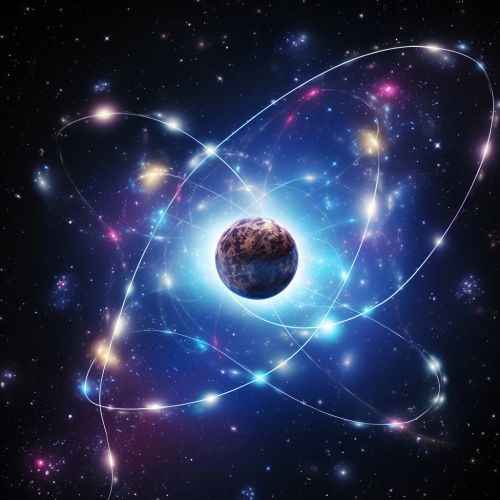

Quantum Mechanics: A Brief Overview
Quantum mechanics is a fundamental theory in physics that provides a description of the physical properties of nature at the scale of atoms and subatomic particles. It is the foundation of all quantum physics including quantum chemistry, quantum field theory, quantum technology, and quantum information science.
The theory is characterized by wave-particle duality, the uncertainty principle, the superposition principle, and quantum entanglement. It also provides a mathematical description of much of the dual particle-like and wave-like behavior and interactions of energy and matter.
Cosmology: A Brief Overview
Cosmology is the scientific study of the large scale properties of the universe as a whole. It involves the study of the origin, evolution, and eventual fate of the universe, from the Big Bang to the future of the cosmos. Cosmologists use theories and observations to construct models that explain the structure and the evolution of the universe.
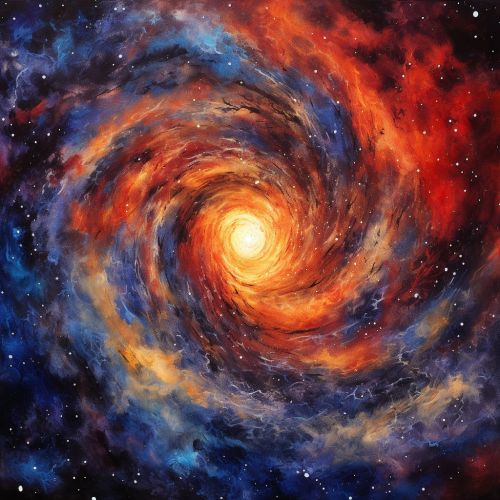
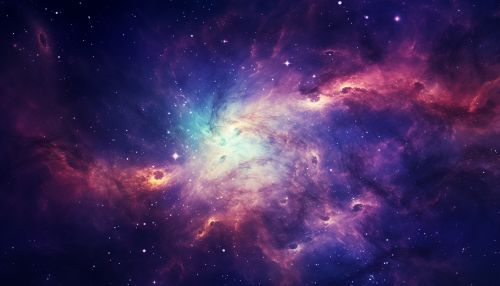
Quantum Mechanics and Cosmology
The application of quantum mechanics to cosmology produces a new and exciting area of study: quantum cosmology. Quantum cosmology attempts to apply the principles and equations of quantum mechanics to the universe as a whole. It is a speculative field, and its implications are still being explored.
Quantum Fluctuations and the Origin of the Universe
One of the most significant ways in which quantum mechanics intersects with cosmology is in theories about the origin of the universe. According to the theory of the Big Bang, the universe began from a singularity - a point of infinite density and temperature. However, classical physics cannot adequately explain the behavior of singularities. Here, quantum mechanics comes into play.
Quantum mechanics allows for the concept of quantum fluctuations - temporary changes in energy in a point in space, as allowed by the Heisenberg Uncertainty Principle. Some cosmologists propose that the universe itself may have originated from such a quantum fluctuation.
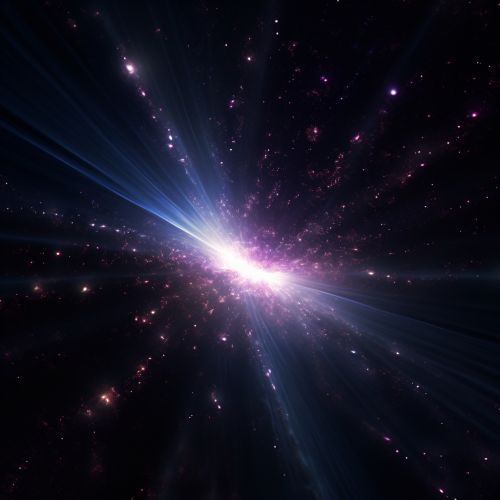
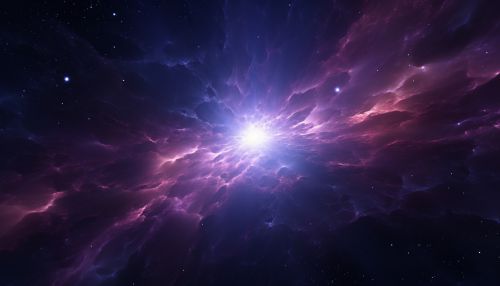
Quantum Field Theory and the Early Universe
Quantum field theory (QFT) is a theoretical framework that combines classical field theory, special relativity, and quantum mechanics. QFT is used in cosmology to study the early universe. Shortly after the Big Bang, the universe was so small that quantum effects were significant.
One of the key predictions of QFT in cosmology is the existence of a period of rapid expansion in the early universe, known as inflation. This theory, first proposed by Alan Guth in the 1980s, suggests that the universe underwent a period of exponential expansion, driven by a negative-pressure vacuum energy density.
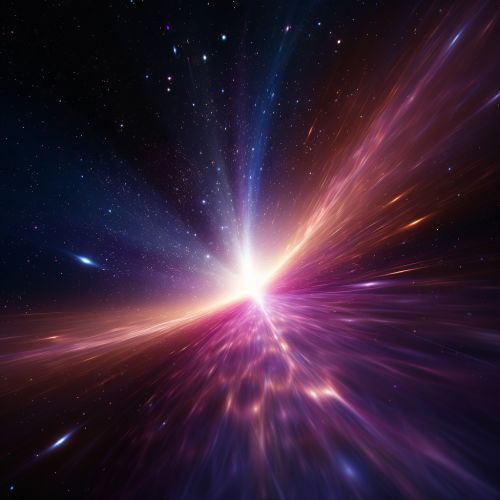
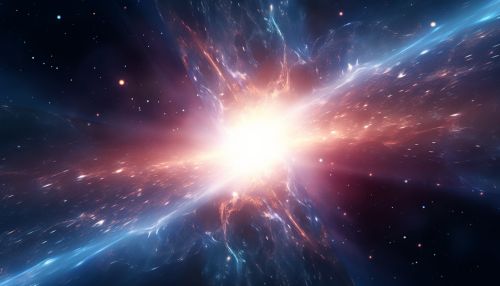
Quantum Gravity and the Structure of the Universe
Quantum gravity is a field of theoretical physics that seeks to describe gravity according to the principles of quantum mechanics. While a fully formed theory of quantum gravity is still lacking, various hypotheses exist, including string theory and loop quantum gravity.
The application of these hypotheses to cosmology could potentially explain the large-scale structure of the universe. For instance, some theories suggest that quantum gravity effects could cause 'foamy' or 'quantized' structure of space-time at the smallest scales, which could have observable effects on the large-scale structure of the universe.
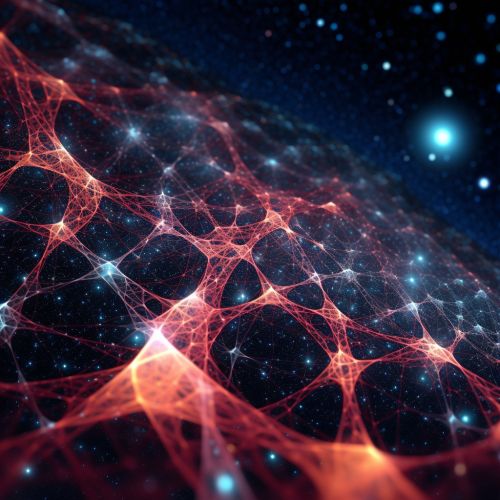
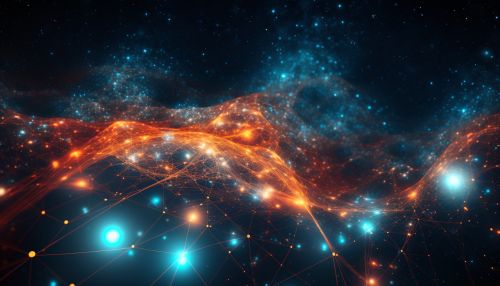
Conclusion
The physics of quantum mechanics has profound implications in cosmology, from theories about the origin of the universe to the structure of the universe. While much of this field is still speculative and theoretical, it represents a fascinating intersection of the smallest and largest scales in the universe.
